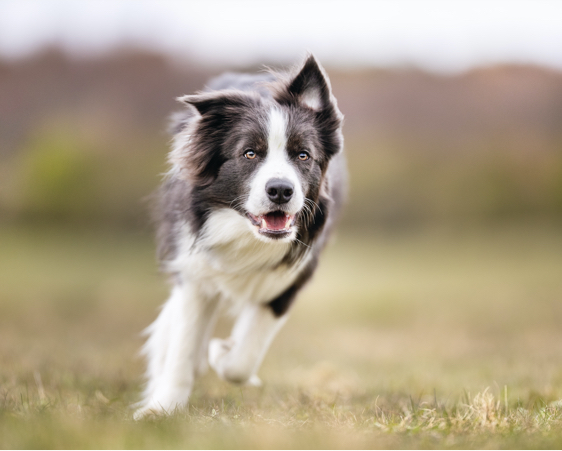Like many humans today, Stanley is obese, the result of eating too much fattening food and not exercising for too long.
The 12-year-old Rottweiler-basset hound mix weighs 124 pounds. His vet says he should be 75 to 80 pounds. It would help relieve his arthritis pain and let him breathe easier.
While the dog is owned by Louise Graff, he is being cared for by a man whom Graff befriended after he relocated here from Louisiana following Hurricane Katrina. Graff’s other dog, Pounder, and Stanley never got along. The man needed company and bonded with Stanley. Part of that bond was sharing a love of Cajun cookin’.
When Pounder died, Graff didn’t have the heart to ask the man to give Stanley back.
“They are two peas in a pod,” says Graff, who still pays for dog food and vet bills for Stanley.
But she admits Stanley, who has always been a bit big, needs to shed weight for his own good.
Across the United States, many of our pets are mirroring the human obesity epidemic and suffer from a host of lifestyle-related diseases, including diabetes, heart disease, cancer and arthritis.
According to the Association for Pet Obesity Prevention, about 50 percent of dogs in the United States are overweight or obese.

